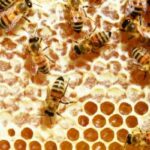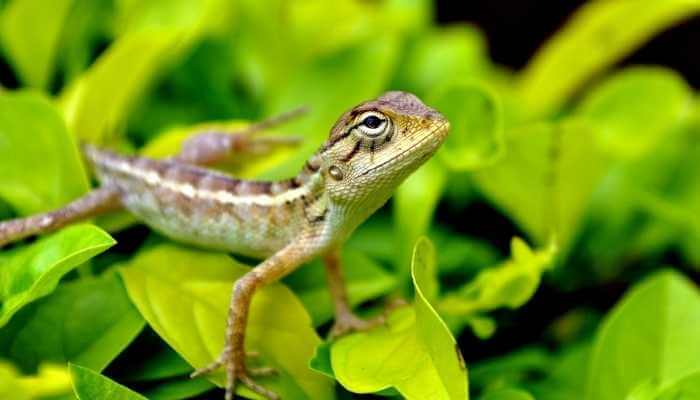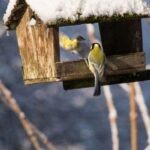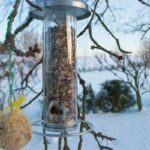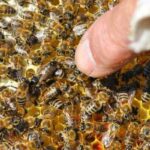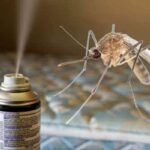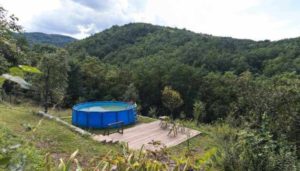We’ve probably all heard them. Some of us have seen them. They come around every year as the weather becomes warm again, just like clockwork. What are they? Your friendly neighborhood toads.
Because toads are a natural form of pest control for insects, they are definitely beneficial to your backyard. Not only that, but their presence is a sign that you have cultivated a healthy environment there.
Though toads are generally a practical addition to your backyard, there can be times when you should be wary of having them. I’ll get into those scenarios below.
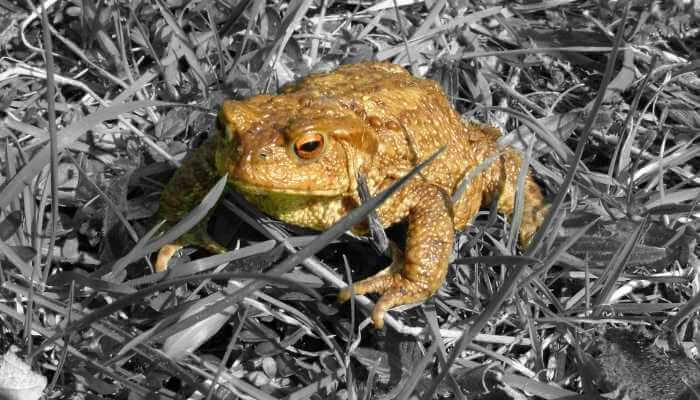
Toads Are Natural Pest Control
In general, toads can be a boon. Toads eat slugs, snails, mosquitoes, and pretty much any insects it comes across. If you have resident toads, this can eliminate the need for harsh pesticides. There’s really not much to say here. Studies show that each toad in a standard backyard can be responsible for the elimination of over 10K insects in the course of one summer.
Toads Can Be Annoying to Other Animals
Be aware of your pets when you know you have toads in your backyard. They are the toad’s predators and as such, the toad will actively try to discourage any nosing around your pet might do. This can be comical, but it can also be problematic for you if you have a particularly persistent pet.
I’ve had a doggo get sick after partaking of a toad. My current dog will boof and lunge at toads, but she seems to have a sense that actually taking a lick or a bite might not be a good idea. Why is that? Well, toads have a discharge from their skin to ward off predators. It smells bad to other animals and tastes bitter.
Toads can be comical in the way they will dissuade a predator from taking a taste. I’ve seen toads literally stand up to poof themselves out to look intimidating and then growl or squeal a sound from their body to make a predator think twice about even coming near it. I have laughed so hard at these antics – but they work!
Is It a Toad or a Frog?
Frogs need a source of water to survive. Toads need water like any other animal, but not as much as frogs. Of course, that doesn’t tell you much when you’re really asking whether you have found a toad or a frog, does it? Okay, so let’s get into the physical characteristics of each amphibian.
Though both creatures look similar, there are small differences. Frogs tend to be narrow in body with much longer legs than toads. They also tend to shine, because their skin is smooth, and they always have a coating of mucous all over them. Because of the need to be in the water, a frog’s eyes will be rounded and large.
On the other hand, toads have wider bodies and shorter legs, made for moving along the ground. Most toads have bumpy, dry skin. Very few have slimy skin. Usually, that is the bitter, smelly predator retardant and not a natural film.
Does it matter which ones you have in your garden or backyard? Not really. Both are classified as amphibians and both eat insects, slugs, and snails as their main food source.
How Do You Attract Toads to Your Yard?
I’ve never had trouble attracting them. I’ve had trouble making sure I didn’t accidentally step on them. I’ve simply kept my yard as natural as possible, letting nature take its course.
I’ve provided little hiding places for toads so that they have shade from the sunlight and shelter from predators. This can mean half-buried concrete block mounded with mulch or leaving nooks and crannies available when building a stone fountain or flower bed. Remember that toads will dig, so provide cover but leave the dirt floor.
Toads aren’t picky, though. They’ll take shelter under boards, in tree roots, and some people even go to the trouble of making toad houses for the garden that can be very decorative. You can also go for simplicity and just be sure to not gather absolutely all of the leaves in your yard, particularly under trees or where people don’t tread a lot. Toads will use this as a hideaway.
They like moisture and need it, though they don’t have to be submerged or need constant moisture like frogs. So providing a small water feature that toads can reach is also a good idea to attract them. They also reproduce in water, so maybe create a small pond that’s easy to care for and that will attract toads as well.
Most important of all? Do not use pesticides or chemical fertilizers. Toads absorb these into their skin which is thin and extremely permeable. Because they actually take in oxygen and release carbon dioxide through their skin and not just their lungs, the skin is very sensitive to anything that it comes into contact with.
So, when they get any kind of pesticide on them, they can die. I’ve never had an issue with treating the perimeter of my outside house with granules that fight pests before they enter my house. That gives the toads the run of the yard to handle the other bugs. And they do. I also do not touch toads or frogs when I know I’m wearing chemicals that can harm them. I use natural botanical oils, but that can still disrupt a frog or toad’s sensitive system by leaching into their skin. Just, be aware.
In Conclusion
When you have frogs and toads in your yard, it’s a sign that your yard has a healthy environment and ecosystem. Gardening or simply planting regular landscaping and grass means fighting off pests all the time. It’s a balance. And you can be tempted to use chemicals to help. But why not instead simply use what mother nature has provided to us?
